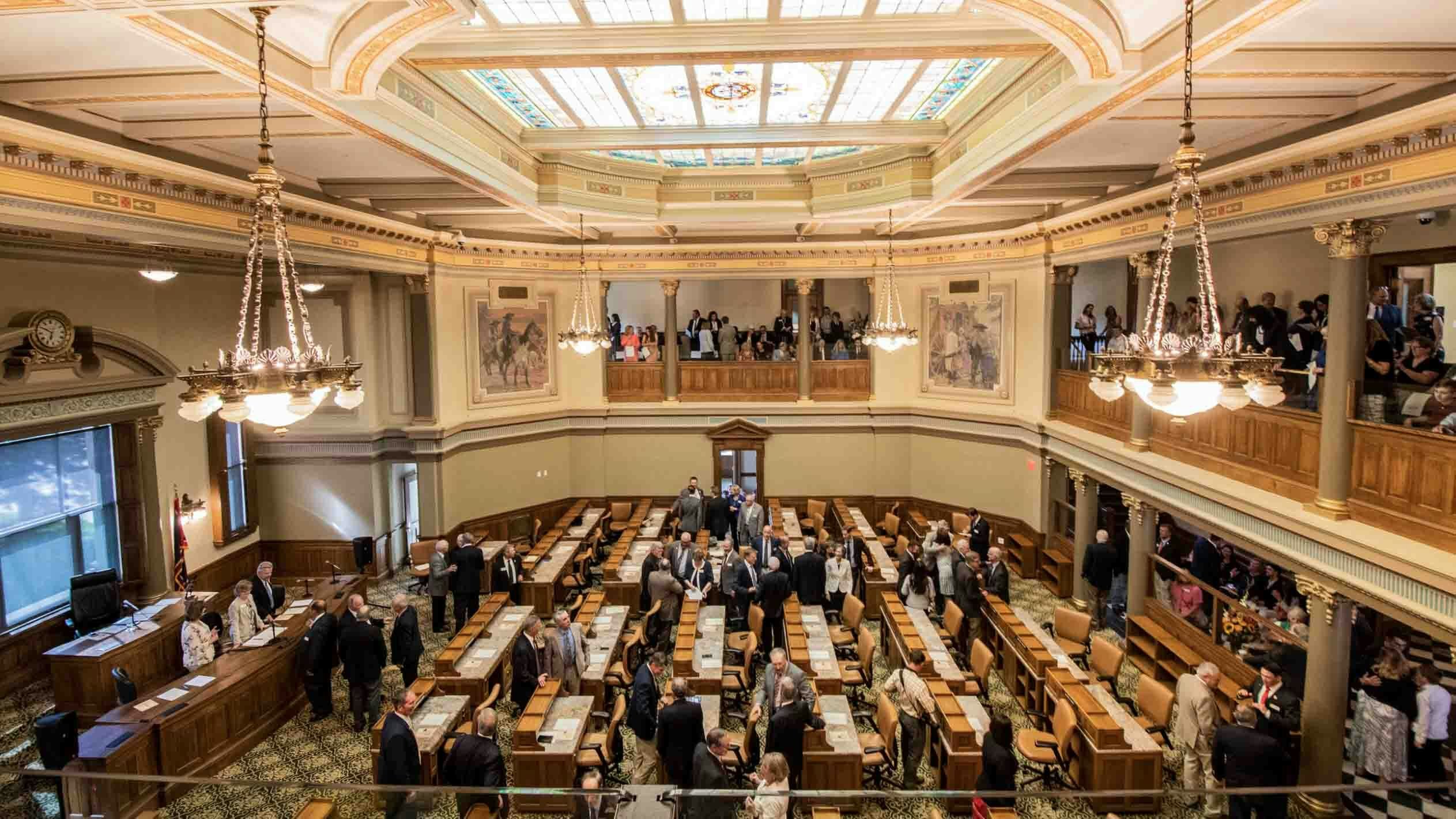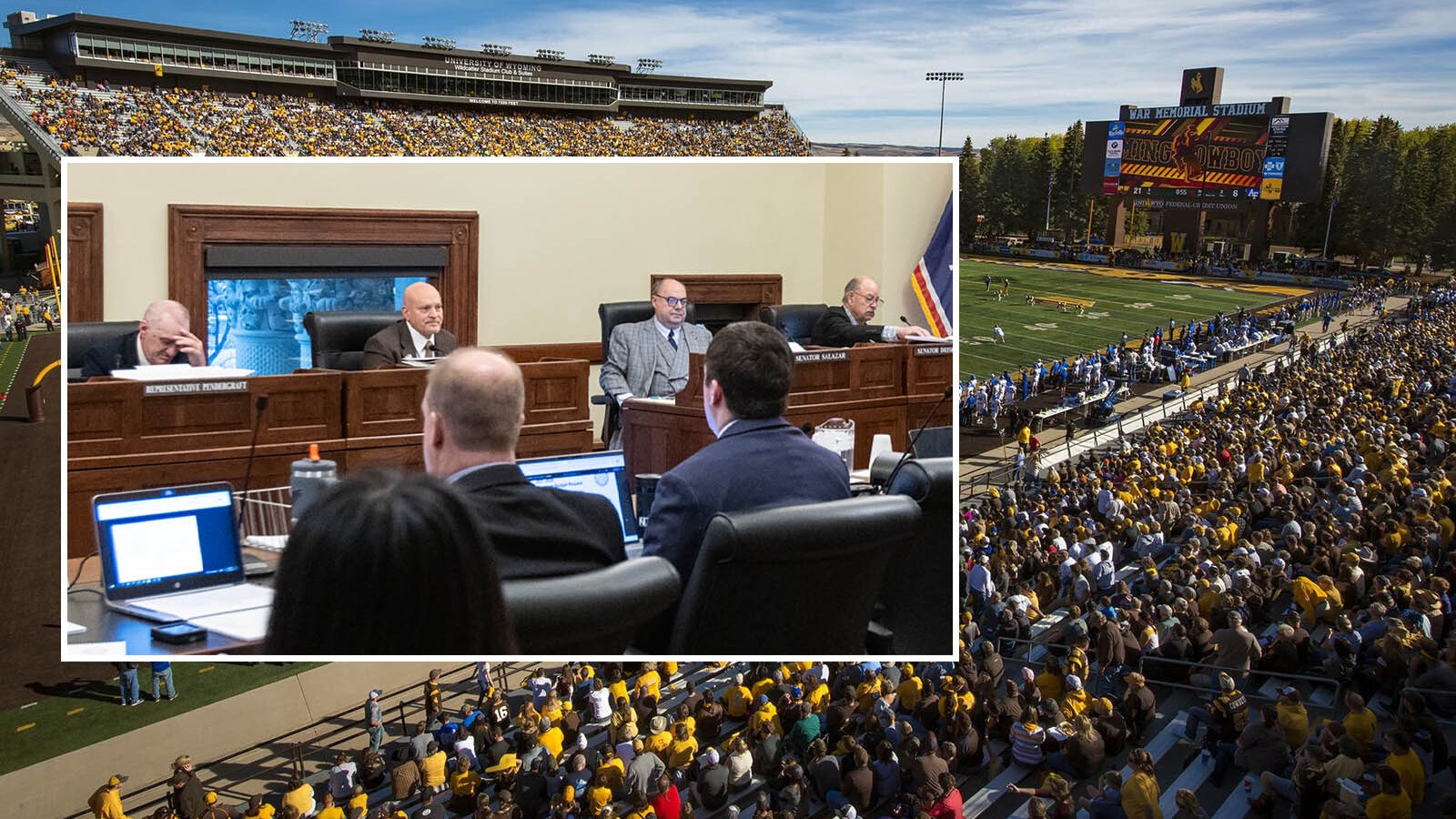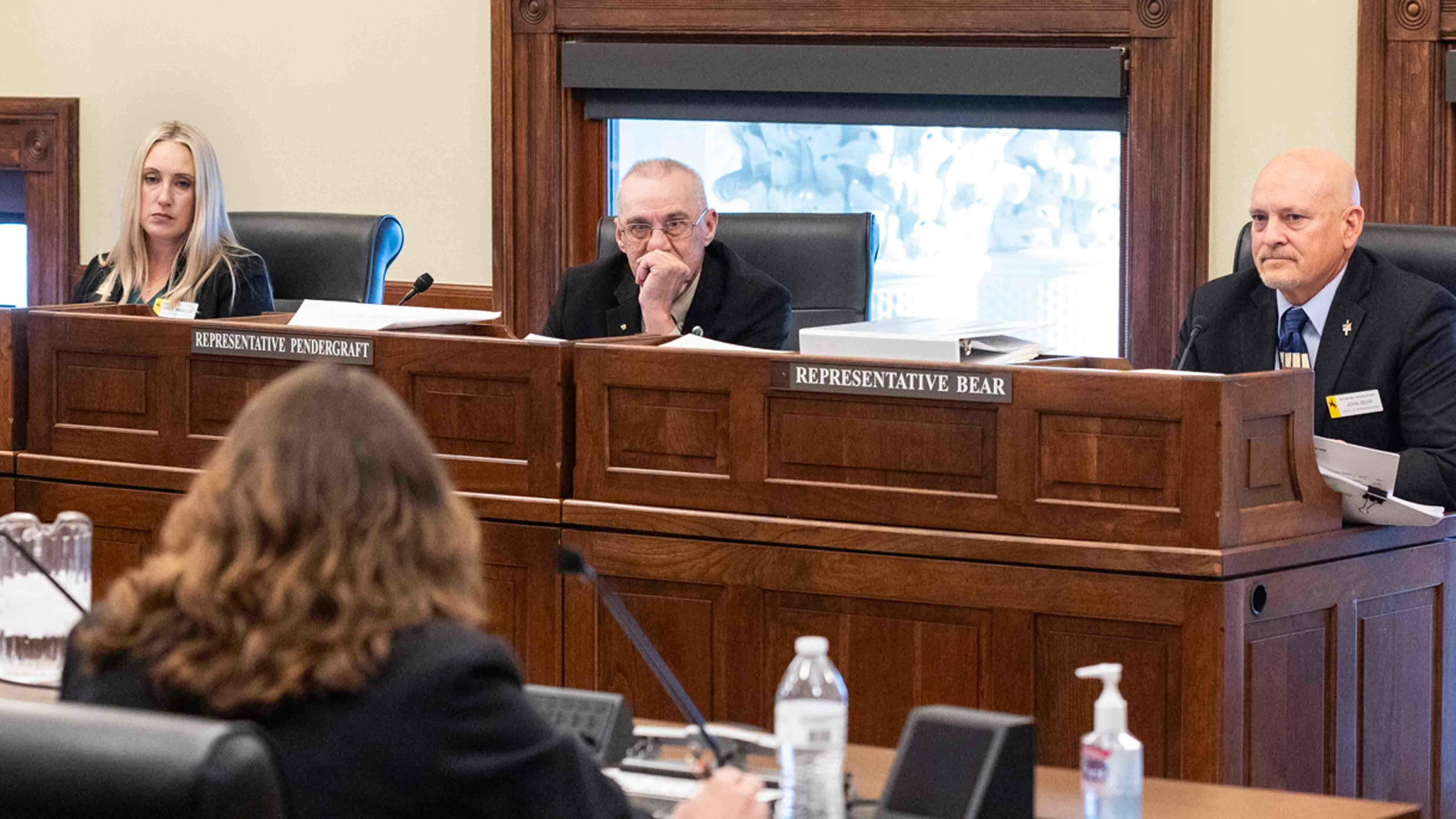The Wyoming Senate on Tuesday moved a bill preventing the teaching of critical race theory in Wyoming schools onto a third and final Senate review.
Senate File 103 states that all schools and colleges that are supported in any manner by public funds shall not teach “divisive tenets often described as a critical race theory that inflames divisions on the basis of sex, race, ethnicity, religion, color, national origin or other criteria in ways contrary to the unity of the nation and the wellbeing of the state of Wyoming and its residents.”
The bill was approved in its second reading Tuesday with no debate. It is awaiting a third and final vote in the Senate.
The bill is co-sponsored by five senators, including Sens. Bo Biteman, R-Ranchester, Anthony Bouchard, R-Cheyenne, and Lynn Hutchings, R-Cheyenne.
However, Rep. Andy Schwartz, D-Jackson, told Cowboy State Daily on Monday that this latest critical race theory-related bill proposed in the Legislature is “unnecessary.”
“Nobody is teaching this theory,” he said. “It will never occur in the Wyoming K-12 school system. This is a college-level theory.”
Critical race theory is described by some as proposing that racism is a social construct ingrained in American life and laws.
SF103 is the third CRT-related bill that has been proposed this legislative session. One that outright banned the teaching of the theory, House Bill 97, failed to meet the standards for introduction last week.
Schwartz gave an impassioned, if brief, testimony last week during debate, asking for colleagues to reject HB97.
“This bill…states the teaching of history must be neutral and without judgment. Now, how can that be possible?” Schwartz said at the time. “If I were a Native American, I doubt I could accept the neutral, judgment-free approach about the relocation and decimation of the Indigenous population. I’m Jewish, I cannot accept the neutral, judgment-free approach on the murder of 6 million Jews in World War II.”
The bill’s sponsor, Rep. Chuck Gray, R-Casper, said the bill did not require a “neutral” approach to lessons, but that it did require a “complete and active perspective” of historic events.
The third bill, the “Civics Transparency Act,” which would require teachers to share the materials they use to instruct online for parents and community members to view, has been introduced and referred to the Senate Education Committee. The act was actually proposed last fall by Senate President Dan Dockstader, R-Afton, and Senate Majority Leader Ogden Driskill, R-Devils Tower, and was endorsed by former Superintendent of Public Instruction Jillian Balow.
Last year, the U.S. Department of Education proposed guidelines for American history and civics education grant programs which encourage schools to use curriculum related to the New York Times’ 1619 Project (a journalism project that focuses on the consequences of slavery and contributions of Black Americans), critical race theory and the work of anti-racism activist and author Ibram X. Kendi.





